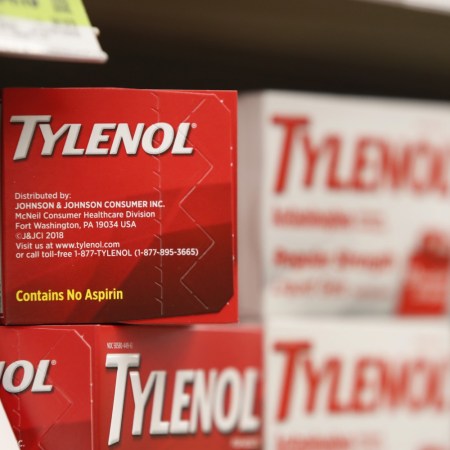As of 2021, 1.7 million adults in the United States were living with type 1 diabetes, according to statistics from the CDC. Could a new medical treatment make life easier for those people — potentially by curing their diabetes entirely? A paper published this month in the New England Journal of Medicine has some encouraging news about a potential new solution to a medical issue that utilizes stem cells to achieve its goals.
The paper focuses on zimislecel, which its authors describe as “an allogeneic stem cell–derived islet-cell therapy.” Their testing involved dispensing half and full doses to participants in the study, along with immunosuppressive therapy. Overall, data from 14 participants who’d completed “at least 12 months of follow-up” were used in calculating the results of the study.
The good news? C-peptide could not be detected in all 14 of those participants. There are a few more sobering dimensions to the scientists’ findings, however, including three participants who experienced neutropenia, a shortage of white blood cells. Two of the participants died over the course of the study, with cryptococcal meningitis and severe dementia being the causes of death in question.
The 12 participants in the study who received full doses of zimislecel showed dramatic results one year later, with 10 of them having achieved “insulin independence.” The study’s authors also wrote that those 12 study partipants were “free of severe hypoglycemic events” as a result of this treatment.
Scientists Successfully Tested a New Treatment for Type 1 Diabetes
A stem cell treatment shows promiseIn an article on the study in The New York Times, Gina Kolata got to the heart of why this study’s results are so important: they could result in an alternative to insulin treatment for type 1 diabetics. Vertex Pharmaceuticals, the company behind zimislecel, told the Times that they would apply for FDA approval for the treatment in 2026 if the study’s results continue to hold up.
The Charge will help you move better, think clearer and stay in the game longer. Subscribe to our wellness newsletter today.



















